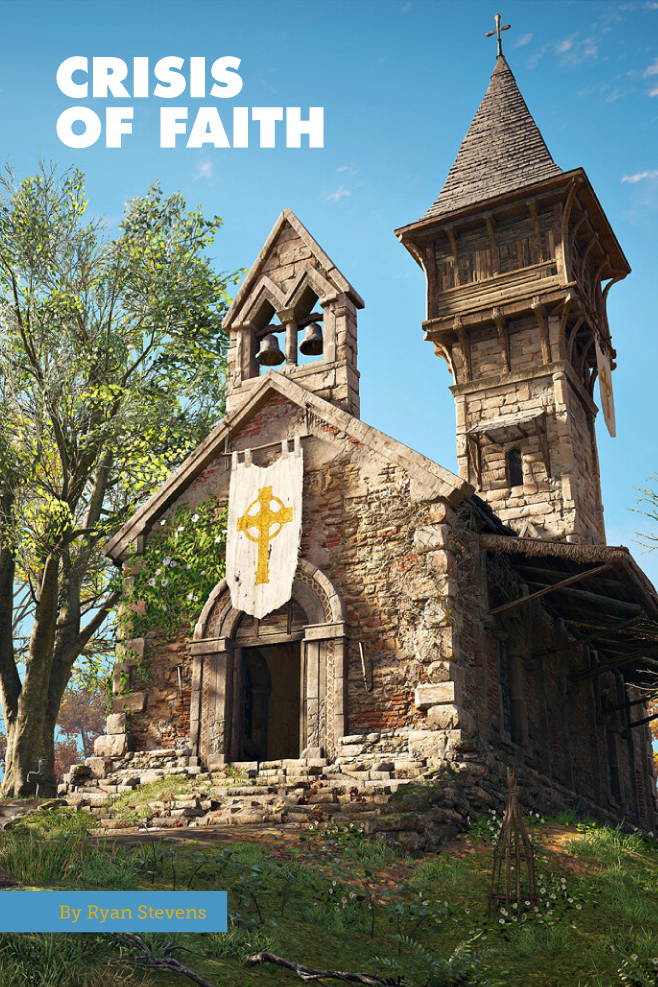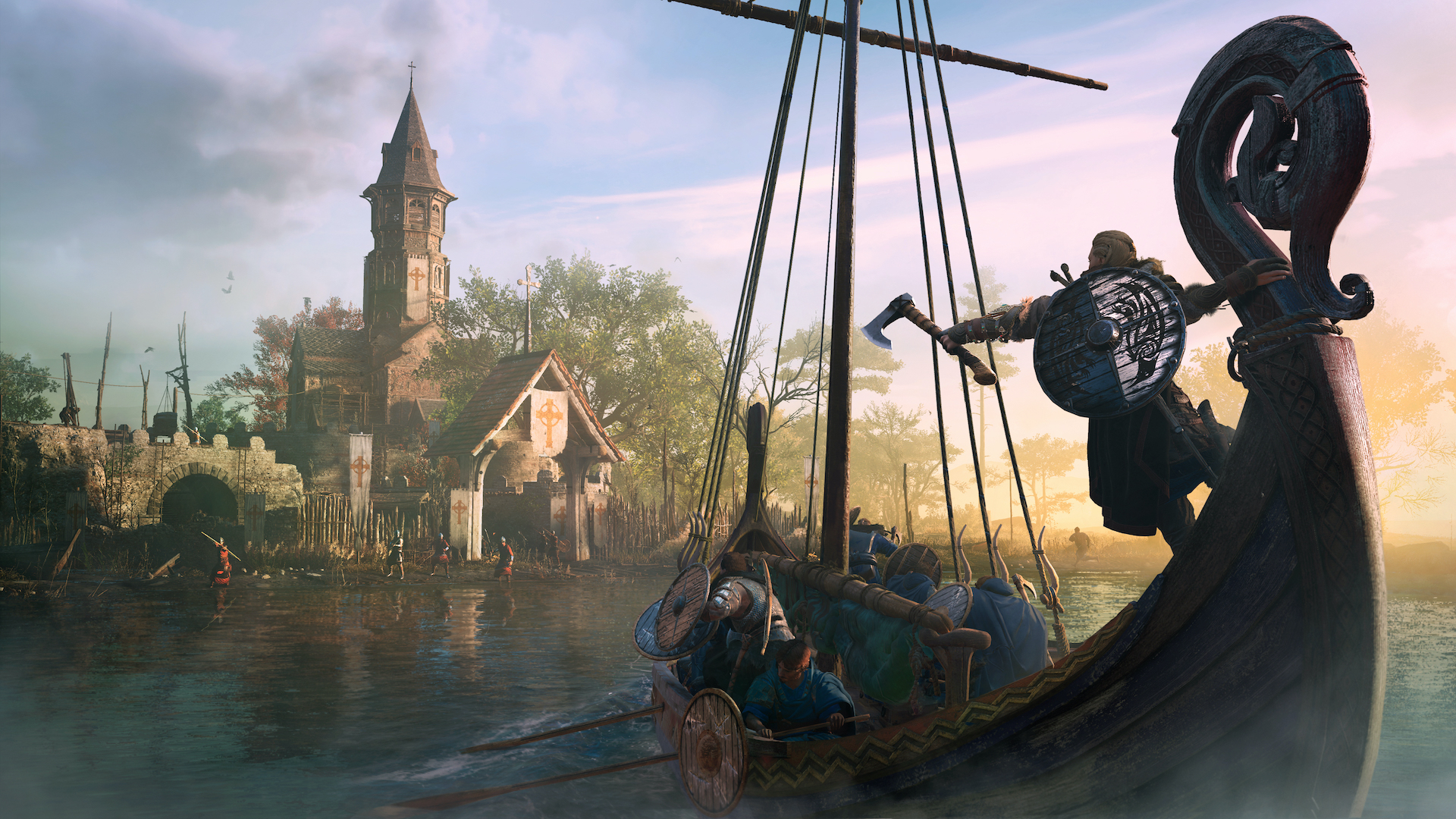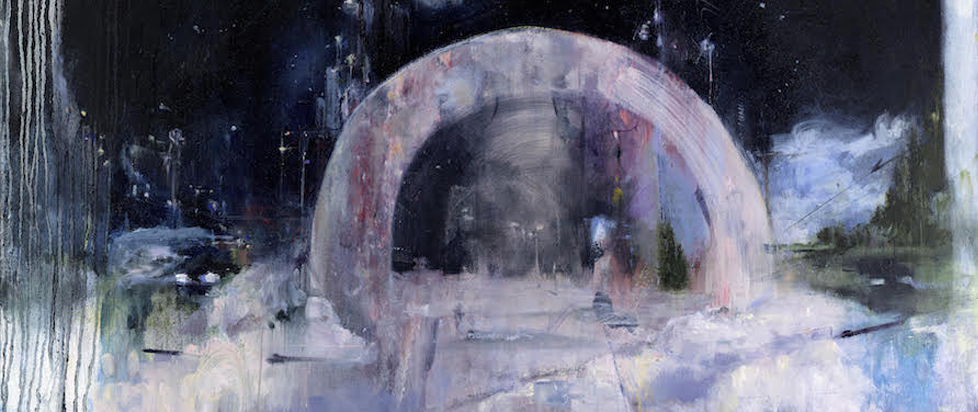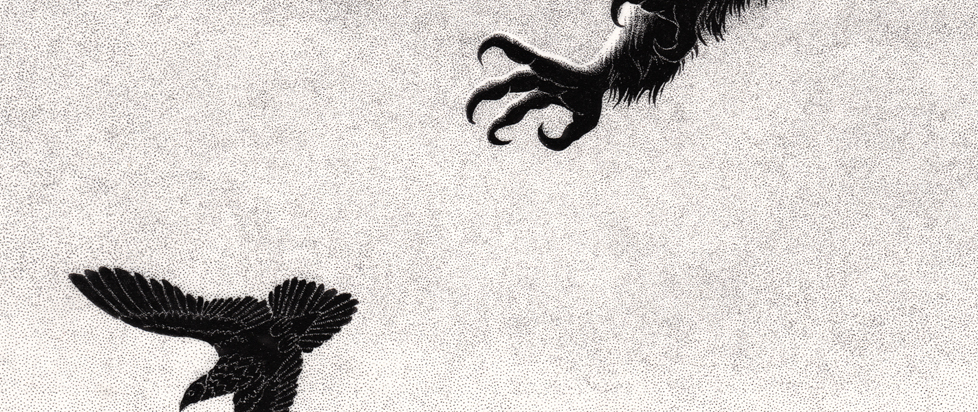
Assassin’s Creed Valhalla’s Crises of Faith
This is an excerpt of a feature story from Unwinnable Monthly #143. If you like what you see, grab the magazine for less than ten dollars, or subscribe and get all future magazines for half price.

Assassin’s Creed Valhalla focuses a lot on Viking raids, secret societies and Norse mythology, but the game makes a point to include examples and examinations of other faiths. Among these representations of Christian, Norse, Pagan and Wiccan beliefs, there emerges the question of what any of these beliefs earn the believers. In concert with the game’s interrogation of what makes a good king and the responsibility of rulers, Assassin’s Creed Valhalla appears to depict all religions, and the concept of religious faith, as ultimately blood-thirsty, hollow and oppressive, yet it never truly interrogates what it means to hold onto a faith that fails to give back. Despite its overarching narrative of responsibility and power, Assassin’s Creed Valhalla’s depiction of religious dogma rings hollow, as it never manages to imagine a version of worship and faith that isn’t built on shifting sand.
To begin, there’s the religion practiced by the Viking characters: the worship of the Norse deities like Thor, Odin, Tyr and the like. As with previous titles, these ancient deities are members of the Isu, a precursor race of essentially godlike beings with immense power, whose shadow has stretched over much of Assassin’s Creed lore. The Norse Isu are also, crucially, not very kind. Their ideology of war and plunder is criticized in isolated moments, but nevertheless championed by the driving force of player character Eivor and their adoptive brother Sigurd’s quest to conquer England. Norse mythology is unique in how fallibly it depicts its deities — Norse Gods are capable of dying, for example. And yet, even with legends surrounding their capricious behavior being common knowledge for the characters, no one in Eivor’s camp can ever even hypothetically float the idea of not following their gods’ lead.
Near the climax of the game, Eivor gets pulled into a literal version of this conflict, as she battles to free herself from the control of Odin, after it’s revealed they are a reincarnation of the one-eyed deity. The battle is one-sided, and the only way to win is to unequip your weapon, thus freeing yourself from the mandatory cycle of blood you’ve been trapped in for the whole game, and that Viking society has been trapped in for generations. This is an exciting moment, but it’s just a personal victory, not an ideological one. After the battle, Eivor re-equips that weapon without hesitation, and continues the quest to pacify England — the thread between inherited dogma and personal behavior remains intact.

There’s an understandable reason for why the Vikings must keep the faith, of course. Beyond the simple need for historical accuracy, there’s a lot of flavor in the act of digitally cosplaying a Viking. Playing an Eivor who just wanders from city to city cutting people’s heads off likely wouldn’t be as exciting of a hook for players without the justification of Vikings doing Viking things. It might, however, be more honest to what the player is actually doing in the game, so the iconography of Vikings makes for a pleasant distraction.
The other major religion dominating the land in Valhalla is, of course, Christianity. Early in the game, as your Vikings enter England for the first time, they have a lightly blasphemous conversation about the many contradictions of Christianity, such as why the item that killed their savior, the cross, has become a symbol of worship for Christians. In order to get materials to improve your settlement, you have to raid monasteries, burning and pillaging houses of God with childlike glee. These acts of digital heresy are all carried with a sly smirk, like the developers are encouraging players to let their hair down and take out some frustration at the religion that still holds much of the world in its grip. In game, many religious leaders obviously use religion as political means, yet they can’t ever fully admit that religion is just a means to an end. Christianity does not come across great in Valhalla, but it never seems like the game is bullying them: rather, it’s just being honest about how faith was, and is, used as a political tool, however blunt or sharp it needs to be in a given conflict.
———
Ryan Stevens (He/They) is a writer and games journalist based in Chicago, IL with a soft spot for janky game design. They have written for such games publications as Cultured Vultures, Into The Spine, GameDaily.Biz, JumpCut, The Indie Game Website, and Switch Player Magazine.
Twitter: @RyanWithCheese
Instagram: @Ryrybooguy
You’ve been reading an excerpt from Unwinnable Monthly Issue 143.
To read the article in its entirety, please purchase the issue from the shop or sign up for a subscription to Unwinnable Monthly!




